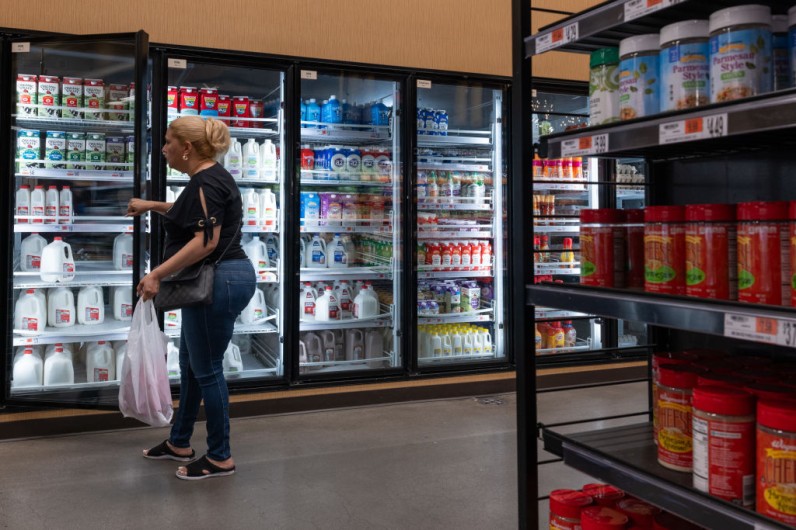
In June, U.S. inflation saw a small increase, with the personal consumption expenditures (PCE) price index rising by 0.1% compared to the previous month.
According to Reuters, although this marks a slight rise in monthly price pressures, the annual inflation rate fell slightly to 2.5% from 2.6% in May. This represents the smallest annual inflation rate in four months, indicating that while inflation is still present, the rate of increase is slowing down.
The core PCE price index, which excludes volatile food and energy costs, also saw a 0.2% rise in June, maintaining the same pace as May.
On a yearly basis, core PCE inflation held steady at 2.6%. This data reflects a moderated inflation environment, which could influence the Federal Reserve's decision-making regarding interest rates in its upcoming meeting. Economists are anticipating that the Fed may consider cutting rates in September, given the easing inflation pressures.
U.S. Consumer Spending Against Inflation
At the same time, consumer spending, a key driver of the U.S. economy, showed signs of cooling in June.
Spending increased by 0.3% last month, a slowdown from the 0.4% rise in May. When adjusted for inflation, the gain in consumer spending was reduced to 0.2%, compared to a 0.4% increase in May.
Personal income also grew by 0.2% in June, down from a 0.4% increase in May, with wages rising by 0.3%. The saving rate slightly decreased to 3.4% from 3.5% in the previous month.
Overall, this means that the economic activity slowing down was a result of the Federal Reserve's previous actions to tighten monetary policy (such as raising interest rates). This slowdown suggests that the economy is adjusting to slower growth and evolving inflation conditions, leading to a more cautious economic outlook.







Join the Conversation